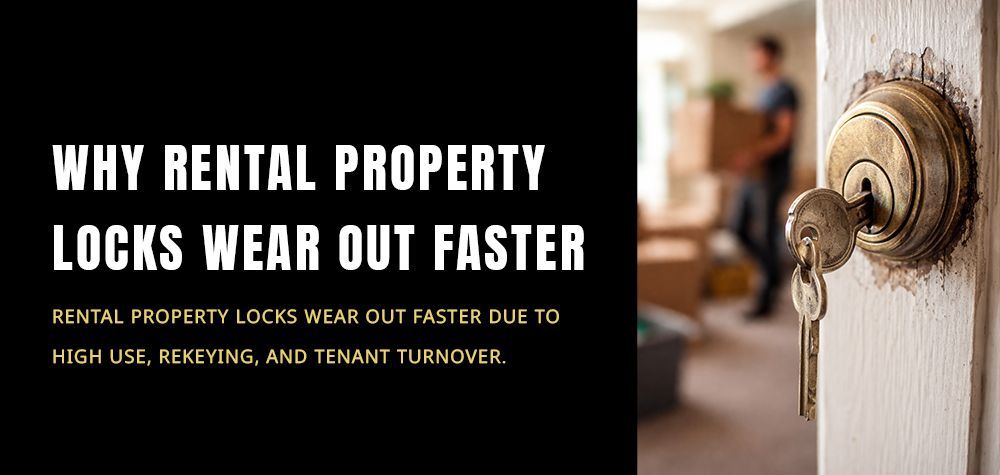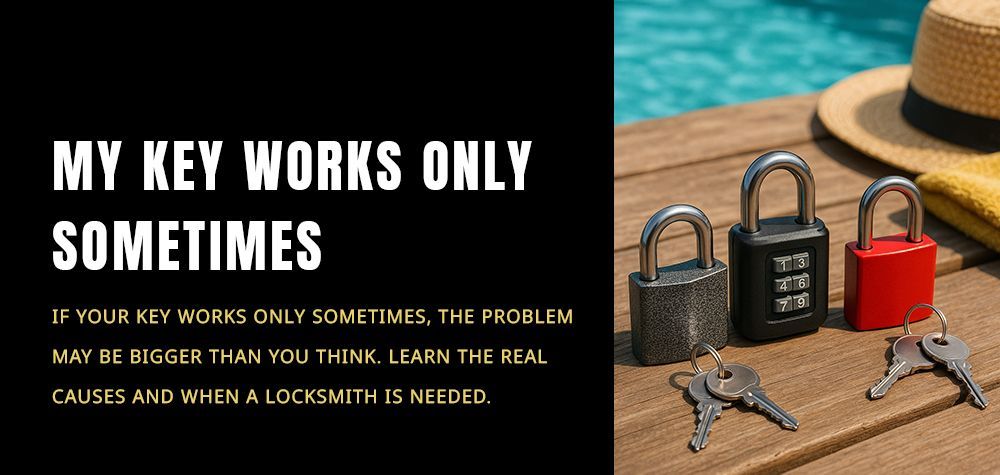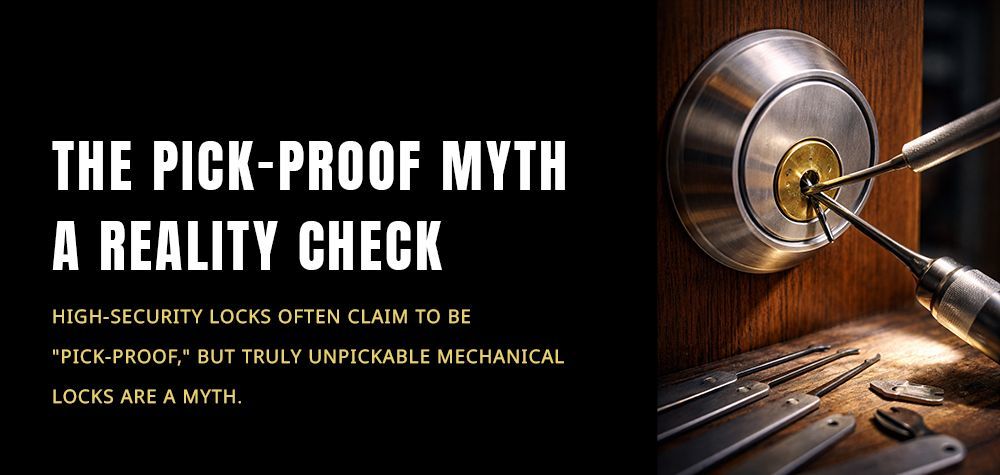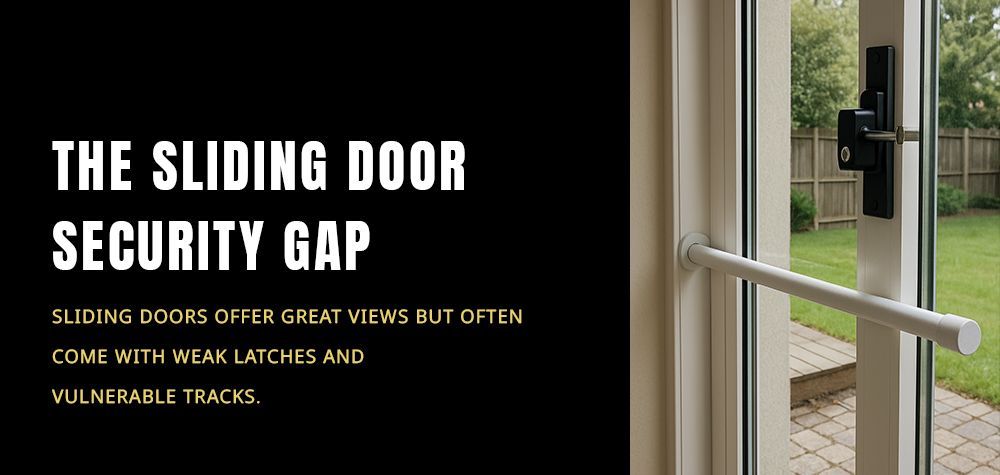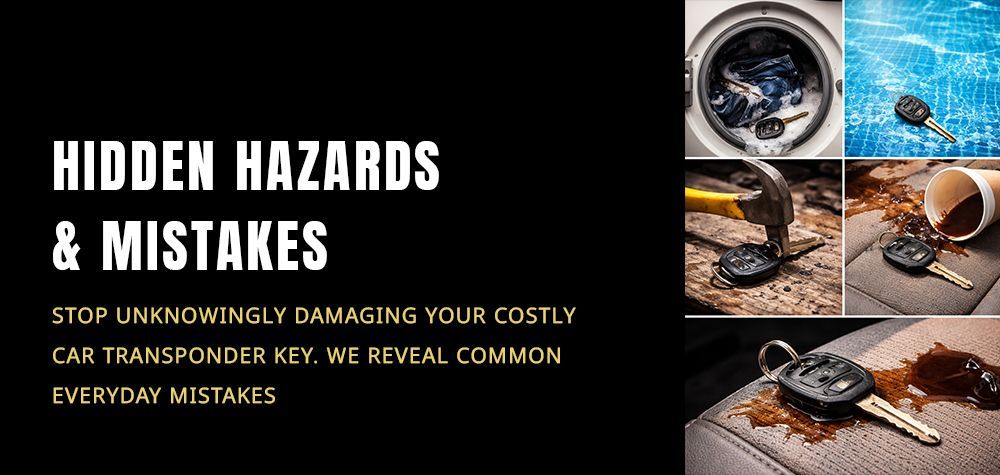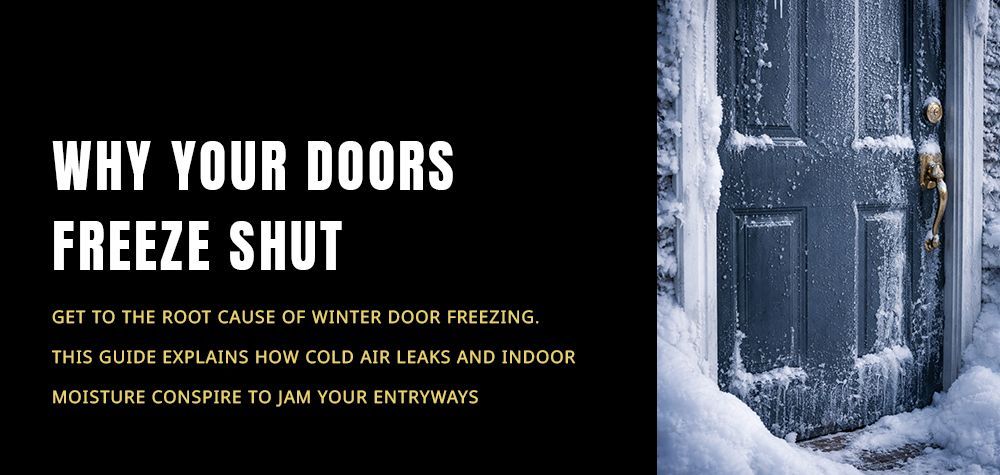What Materials Are Best for Weather-Resistant Exterior Locks
When it comes to securing your home, one of the most overlooked details is the material of your exterior locks. Outdoor locks face daily exposure to sunlight, rain, humidity, dust, and sometimes even frost. These environmental factors can corrode the metal, jam the mechanism, and weaken the overall security of your doors. That’s why choosing the right material is essential if you want a lock that stands the test of time. Weather-resistant locks are built not just for strength, but for endurance — and the material makes all the difference.
Can a locksmith fix a jammed sliding glass door lock?
Why Material Choice Matters for Exterior Locks
Locks are often the first line of defense for your home, but they’re also the first to face the elements. When rainwater seeps into a low-quality lock, it can cause rust and stiffness. In humid climates, moisture buildup can corrode internal components, leading to jams or key breakage. On the other hand, constant exposure to heat can expand and contract the lock’s parts, reducing precision.
The material you choose for your lock determines how well it can resist these environmental effects. High-quality weather-resistant materials don’t just prevent corrosion — they also help your lock maintain its mechanical accuracy and aesthetic appeal for years.
Stainless Steel: The All-Weather Champion
Stainless steel is one of the most popular choices for weather-resistant locks because of its unmatched durability and corrosion resistance. It doesn’t rust easily, even when exposed to rain, salty air, or humidity. That makes it especially ideal for coastal regions where moisture and salt can quickly damage other materials.
Beyond weather protection, stainless steel locks are also tough against physical damage. They can resist forced entry attempts like hammering or prying far better than softer metals. Moreover, their sleek finish gives your exterior doors a modern, clean look that doesn’t fade or tarnish easily.
Brass: The Classic Blend of Strength and Corrosion Resistance
Brass locks have been trusted for decades, and for good reason. The copper and zinc alloy used to make brass has natural anti-corrosive properties, allowing it to perform well in damp and wet environments. Brass also forms a thin protective layer called a patina over time, which prevents deeper corrosion from setting in.
One of brass’s best qualities is its smooth operation. It resists seizing and jamming better than many other metals, which makes it a favorite among locksmiths for high-quality lock cylinders. While brass may slightly tarnish in appearance over time, that doesn’t compromise its performance. For homeowners who want reliability with a traditional touch, brass locks are a solid option.
Bronze: The Durable Alternative for Harsh Environments
If you’re looking for a material that can handle extreme weather without showing signs of wear, bronze is a strong contender. It’s often used for marine environments and outdoor hardware because of its exceptional resistance to corrosion, especially from saltwater.
Oil-rubbed or polished bronze locks not only provide excellent protection but also bring a timeless elegance to your exterior doors. Over time, they develop a natural patina that enhances their appearance instead of detracting from it. For areas with unpredictable weather or heavy rainfall, bronze is one of the most dependable materials you can choose.
Zinc Alloy: Affordable and Reliable
Zinc alloy locks are a more budget-friendly choice that still provide good weather resistance. They are often coated or plated to enhance their durability and prevent corrosion. While not as strong as stainless steel or bronze, zinc alloys perform well in moderate climates and can withstand everyday exposure to the elements.
The main advantage of zinc alloy locks is their versatility. They can be molded into a variety of shapes and designs, making them ideal for decorative outdoor hardware that doesn’t compromise on function. However, for homes in areas with extreme weather or coastal air, upgrading to a higher-grade metal is often worth the investment.
Nickel-Plated Locks: The Stylish Protective Layer
Nickel plating is another excellent option for exterior locks because it provides both strength and style. The nickel layer acts as a barrier against rust and corrosion, protecting the base metal underneath. Satin nickel and brushed nickel finishes are especially popular for their modern aesthetic and smooth texture.
Nickel-plated locks are also easier to maintain since dirt and water don’t adhere to the surface as easily as on untreated metals. However, they should be inspected occasionally, as scratches or deep wear can expose the underlying metal, reducing their resistance to weather.
Smart Locks and Material Considerations
Even with the rise of smart locks, the importance of weather-resistant materials hasn’t diminished. Many modern smart locks are designed with weatherproof casings made of stainless steel, zinc alloy, or hardened aluminum. These materials protect sensitive electronic components from moisture and dust, ensuring the lock’s functionality remains stable throughout the year.
If you’re installing a smart lock on an exterior door, always check its IP rating (Ingress Protection rating). A high IP rating indicates that the lock is well-sealed against dust and water — a must for outdoor use.
Why your electronic door lock is beeping and how to fix it
Maintenance Tips for Weather-Resistant Locks
Even the most durable materials need a little care to stay in top condition. Regularly clean your locks with a mild soap solution and a soft cloth to remove dirt and debris. Avoid using harsh chemicals that can damage protective coatings. A small amount of graphite-based lubricant can also keep the lock mechanism smooth and rust-free.
If you live in a coastal or rainy area, consider applying a thin layer of lock sealant to add an extra shield against moisture. Periodic checkups by a professional locksmith can also help identify early signs of wear or corrosion before they become bigger issues.
Choosing the Right Material for Your Environment
The best material for your weather-resistant lock often depends on your surroundings. Stainless steel is unbeatable for coastal and humid climates, while bronze and brass excel in areas with fluctuating temperatures. Zinc alloy works well for mild conditions, and nickel-plated finishes are perfect if you want both protection and style.
When in doubt, a professional locksmith like Brothers Locksmith can guide you in choosing and installing the ideal lock for your specific environment. They’ll assess factors like weather exposure, door type, and security needs to ensure your locks remain both durable and reliable year-round.
Final Thoughts
Your exterior locks endure more than you might realize — from blazing sun to heavy rain, from winter frost to salty air. The right material doesn’t just keep your property secure; it ensures your locks function smoothly for years without rusting or jamming.
Investing in weather-resistant locks made from stainless steel, brass, or bronze can save you from costly replacements and frustrating lock failures. With professional guidance and proper maintenance, your locks can stay as strong as the day they were installed — no matter what the weather brings.
Call Us Any Time!


